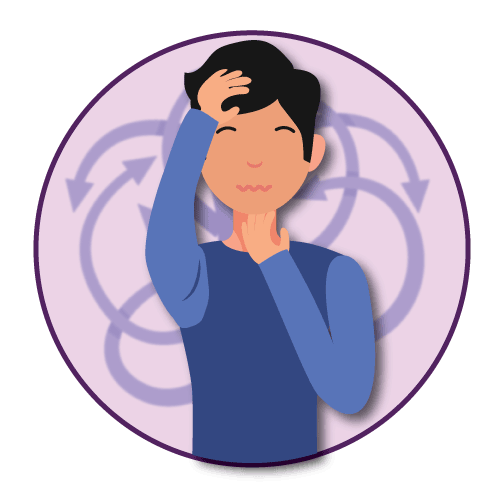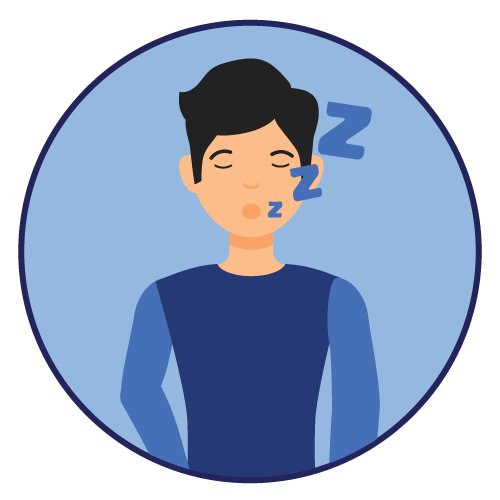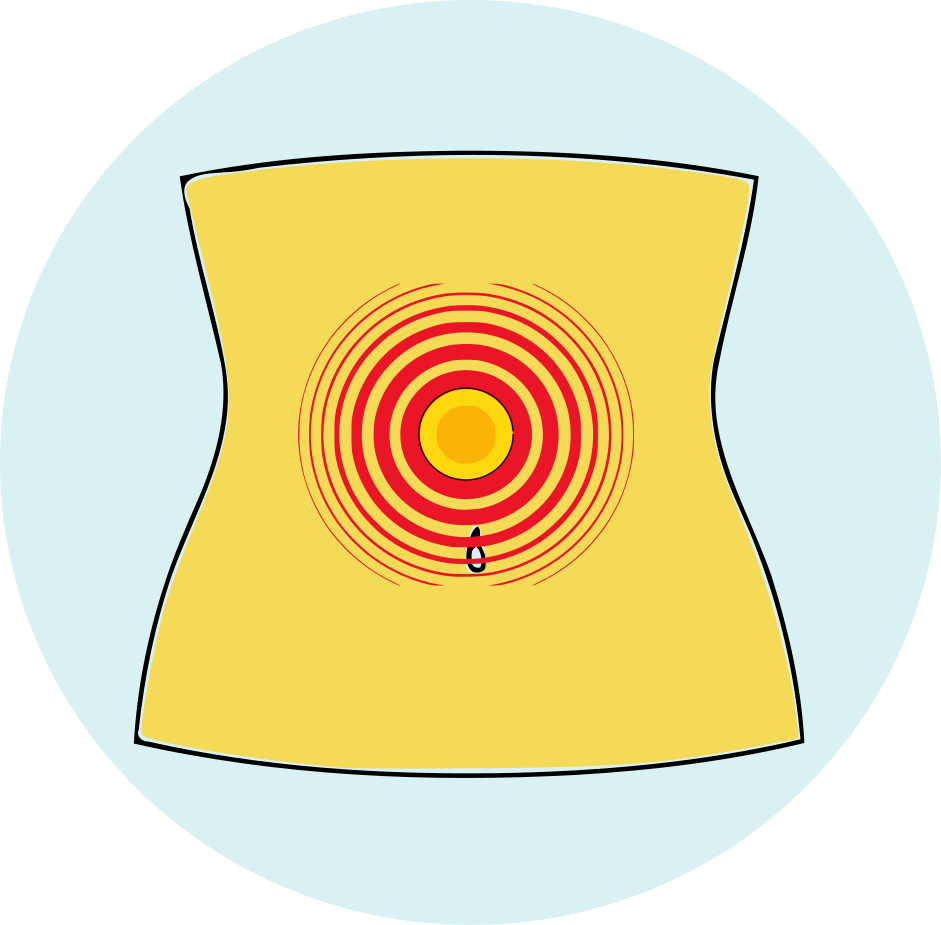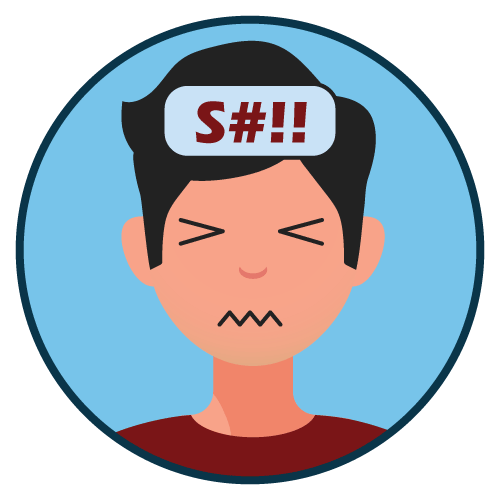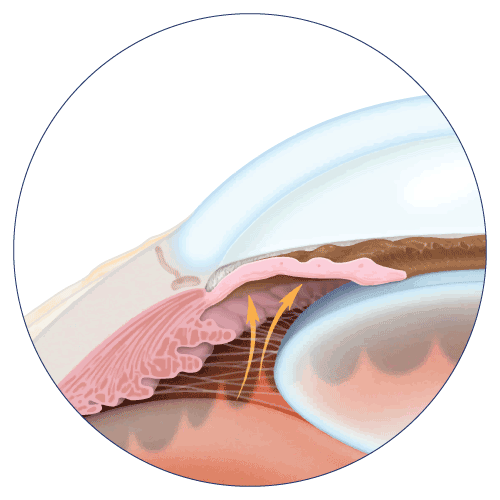| Name | Atomoxetine |
| Classes |
Central Nervous System Agent Psychotherapeutic Agent Serotonin Norepinephrine Reuptake Inhibitor (SNRI) |
| Diseases |
ADHD Mental Disorder |
Atomoxetine
Atomoxetine is a selective norepinephrine reuptake inhibitor. Ex vivo uptake and neurotransmitter depletion studies suggest that atomoxetine's therapeutic effects in Attention Deficit/Hyperactivity Disorder (ADHD) are attributable to specific blockage of the presynaptic norepinephrine transporter.
Atomoxetine is indicated for the treatment of Attention-Deficit Hyperactivity Disorder.
- Dosing of children and adolescents over 70 kg body weight and adults: Atomoxetine should be started at a total daily dose of about 0.5 mg/kg and gradually raised over 3 days to a target total daily dose of about 1.2 mg/kg, either as a single dose in the morning or in evenly spaced doses in the morning and late afternoon/early evening. Doses more than 1.2 mg/kg/day have not been shown to provide any further benefit. In children and adolescents, the total daily dose should not exceed 1.4 mg/kg or 100 mg, whichever is less.
- Dosing of children and adolescents over 70 kg body weight and adults: Atomoxetine should be started at a total daily dose of 40 mg and gradually raised over 3 days to a target total daily dose of 80 mg, given as a single dose in the morning or in equally spaced doses in the morning and late afternoon/early evening. In individuals who have not had an ideal response after 2 to 4 weeks, the dose may be increased to a maximum of 100 mg. There is no evidence that higher doses boost effectiveness. The maximum daily dose for children and adolescents over 70 kg, as well as adults, is 100 mg.
- Extended/Maintenance Treatment: There is no data from controlled research to suggest how long Atomoxetine should be used to treat ADHD patients. However, it is well accepted that medication therapy of ADHD may be required for long periods of time. However, a physician who chooses to utilize Atomoxetine for a longer period of time should frequently reevaluate the drug's long-term effectiveness for the specific patient.
Side effects associated with atomoxetin include-
- anorexia
- headache
- somnolence
- abdominal pain
- diarrhea
- nausea
- hypertension
- irritability
- insomnia
- Atomoxetin increased the risk of suicidal ideation in short-term studies in children and adolescents with Attention-Deficit/Hyperactivity Disorder (ADHD).
- In general, particular care should be taken in treating ADHD in patients with comorbid bipolar disorder because of concern for possible induction of a mixed/manic episode in patients at risk for bipolar disorder.
- Postmarketing reports indicate that Atomoxetin can cause severe liver injury in rare cases.
- Sudden death has been reported in association with atomoxetine treatment at usual doses in children and adolescents with structural cardiac abnormalities or other serious heart problems. Although some serious heart problems alone carry an increased risk of sudden death, atomoxetine generally should not be used in children or adolescents with known serious structural cardiac abnormalities, cardiomyopathy, serious heart rhythm abnormalities, or other serious cardiac problems that may place them at increased vulnerability to the noradrenergic effects of atomoxetine.
- Sudden deaths, stroke, and myocardial infarction have been reported in adults taking atomoxetine at usual doses for ADHD. Although the role of atomoxetine in these adult cases is also unknown, adults have a greater likelihood than children of having serious structural cardiac abnormalities, cardiomyopathy, serious heart rhythm abnormalities, coronary artery disease, or other serious cardiac problems. Consideration should be given to not treating adults with clinically significant cardiac abnormalities.
- Children, adolescents, or adults who are being considered for treatment with atomoxetine should have a careful history (including assessment for a family history of sudden death or ventricular arrhythmia) and physical exam to assess for the presence of cardiac disease, and should receive further cardiac evaluation if findings suggest such disease (e.g., electrocardiogram and echocardiogram). Patients who develop symptoms such as exertional chest pain, unexplained syncope, or other symptoms suggestive of cardiac disease during atomoxetine treatment should undergo a prompt cardiac evaluation.
Contraindication
- Contraindicated in patients known to be hypersensitive to atomoxetine or other constituents of the product.
- Co-administration with Monoamine oxidase inhibitors is contraindicated, such as-
None known.
- In clinical trials, atomoxetine use was associated with an increased risk of mydriasis and therefore its use is not recommended in patients with narrow angle glaucoma.
 Bangla
Bangla English
English